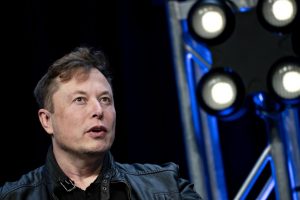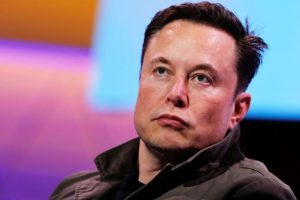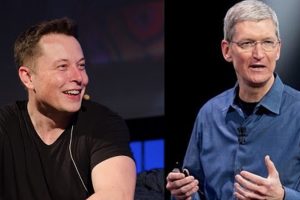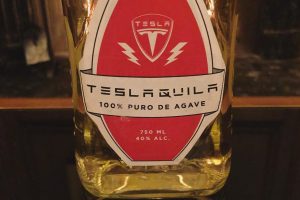In its long and historic past, Tesla’s supremacy in the automotive sector has proved to be one of the biggest surprises in the industry. Tesla is arguably the biggest influencer in the automotive industry today because of the whirlwind of funding that Tesla and its initiatives have earned, along with the increasingly dominant numbers that the company shows quarterly. A “fake it ’til we make it” approach has been embraced by many of these companies since the increasingly obvious dominance of the industry has been recognized by the long and storied automakers of the American vehicle market, and it has not always worked out in the most desirable way.
Legacy manufacturers have spent over a hundred years dominating and shaping the car’s design, style, and general appeal. Electric cars were never a big deal until 2008. They were not available for purchase, and many car buyers felt that the purchase of electric cars was adequate for the short-term environmental issues to go away. As a result, even some of the most experienced and knowledgeable automotive executives thought that business would proceed as normal for the near future. People will continue to buy gas-powered cars that suit their bill of needs and their finances. People will tolerate the ever-increasing price of gas and continue to drive cars made by firms that have been in business for decades, simply because they are trustworthy, and that’s what was most ideal.
And, who could have blamed them? Nobody really thought in 2007 that within 5-10 years, EVs will be a big player in the automotive industry. Nobody realized that South Africa’s little-known visionary had a plot to disrupt the automotive industry as a whole. Nobody realized that gas-powered cars would finally be revealed as inferior to battery-powered vehicles because the innovation had not been worked out by anyone.
In fact, it was only a matter of time before automobiles became less of a means of transport and more of a software system when the tech bubble started to burst. With its electric cars, Tesla really drove this point to fruition, particularly when software updates and Over-the-Air upgrades became available to owners. But as the secrets behind the disruption of the automotive industry continue to be discovered by Tesla, it continues to expand its lead in the production of electric cars. The lead has reached a point where car companies find ways to “fake it ’til they make it” and it has cost some of the industry’s most notable names, and some up-and-comers, their position as potential forces in the development of EVs.
Nikola, who was revealed by Hindenburg Research in September 2020, is the most notable. Earlier this morning, General Motors, which on September 8th announced a collaboration with Nikola, fully scrapped any partnership involving EVs and noted that their joint effort would only deal with fuel-cell hydrogen vehicles. Ultimately, this prompted Nikola to declare that his all-electric vehicle, the Badger, had no completion timetable. Eventually, in the short term, the fake approach paid dividends, as Nikola had gained some traction on Wall Street before the Hindenburg report was published. The business has now been exposed, and GM bailed out of a multi-billion dollar partnership that would have made Nikola as an EV pickup competitor.
There are other car manufacturers that have vowed to launch efforts to move to BEV growth and production. In an attempt to step away from petrol-powered vehicles, Ford, GM, and Volkswagen have all worked towards developing electric vehicle production lines. However, only time will tell if these companies remain serious about their efforts. Although Volkswagen has been extremely vocal about its electrification support, Ford has also outlined plans to begin development efforts for battery cells, and GM plans to extend its electric car line with the forthcoming Hummer EV.
Ultimately, nobody likes to fall behind and the companies that have dominated the automotive industry for a long time are more than likely not used to being second-fiddle, especially to a business that has only manufactured automobiles for twelve years. The lesson in the production of EVs is that it is important to implement the technologies efficiently. There is no room to drag your feet. Such firms must realize that EVs are the future of the automotive industry. Without a strategy in place, Tesla’s lead will continue to widen, and the long-standing American automotive companies will be left in the dust for the first time ever.
Want to buy a Tesla Model 3, Model Y, Model S, or Model X? Feel free to use my referral code to get some free Supercharging miles with your purchase: http://ts.la/guanyu3423
You can also get a $100 discount on Tesla Solar with that code. Let’s help accelerate the advent of a sustainable future.





